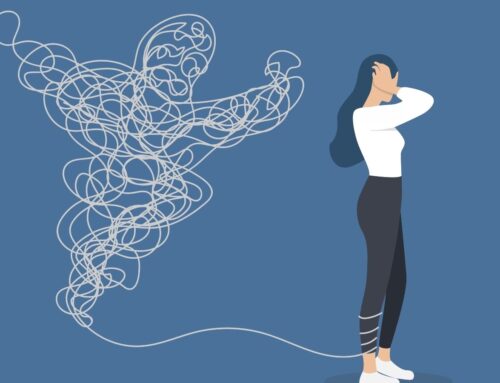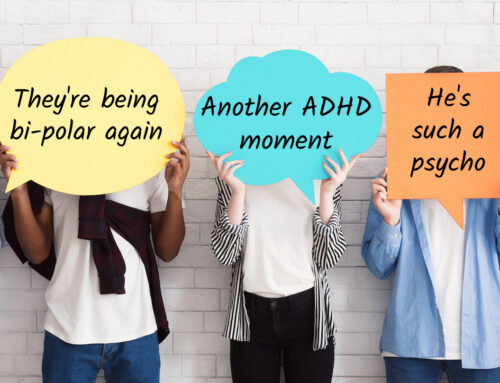By Jordan Masters, LGSW & Patricia Dean, LCSW
You may have met someone who describes feeling disconnected from what is happening in their immediate environment. What he or she is describing might be dissociation. Dissociation is a defense mechanism developed to help cope with situations that are overwhelming and difficult to handle. When people dissociate, they may have memory loss of specific times, events, and people.
People with anxiety and depression may experience dissociative symptoms. Dissociative symptoms include brain fog, out of body experience, watching self from a distance, emotional numbness, delayed reactions, difficulty making decisions, and bad memory. While a great percentage of the population may experience some dissociative symptoms in their lifetime; approximately only 2% meet the full criteria to be diagnosed with a dissociative disorder.
Dissociation falls on a continuum. The mildest cases on the spectrum involve things like daydreaming or zoning out on a drive home and not remembering much of the ride. Slightly more severe cases involve depersonalization and derealization. The rarest and highest acuity forms of dissociation are dissociative identity disorder and dissociative fugue state.
Depersonalization and derealization are characterized by feeling detached from one’s life, thoughts, and feelings. People experiencing this often describe seeing their lives from a distance as though they are watching a movie of their life. People with depersonalization or derealization may report feeling emotionally and physically unconnected from themselves.
Stress is sometimes mistaken as dissociation because of a similarity of symptoms including overwhelming emotions, exhaustion, brain fog and having difficulty making decisions. Stress, however, is typically related to obvious life events such as divorce or a job change while dissociation is thought to be connected to unresolved trauma.
People experiencing dissociative symptoms should seek treatment with a qualified mental health professional. The commonly acknowledged best modalities for treating dissociative disorders are Cognitive Behavior Therapy (CBT), Dialectical Behavior Therapy (DBT), and Eye Movement Desensitization and Reprocessing (EMDR). Therapeutic treatment focuses on identifying with emotions, learning grounding techniques, and engaging the senses. Dissociative symptoms linked to an unprocessed trauma will greatly benefit from EMDR therapy.
For more information about EMDR, check out our blog here
If you would like to schedule an appointment with one of our EMDR therapists, please fill out our contact form and will be in touch or call (202)333-6251.






